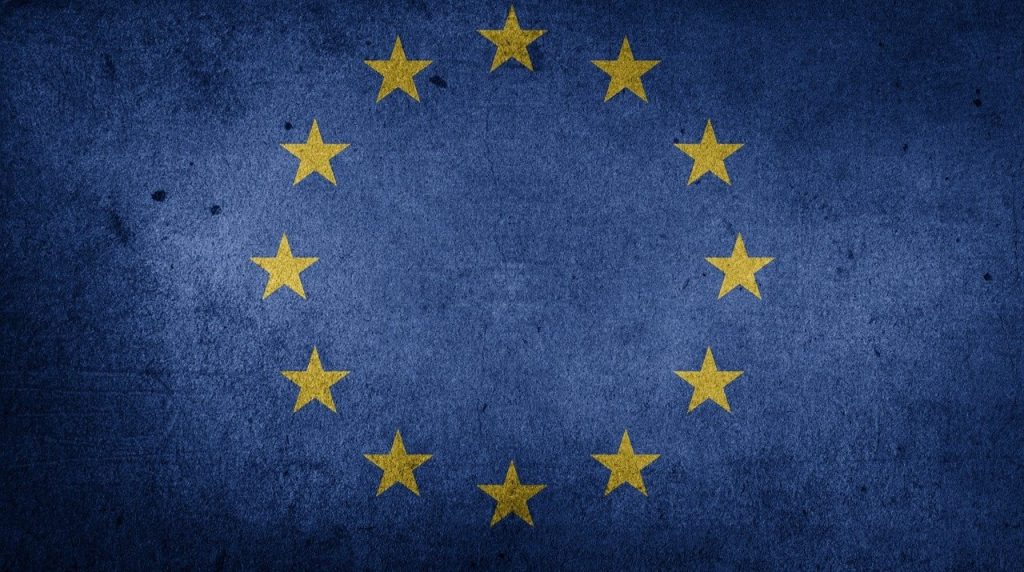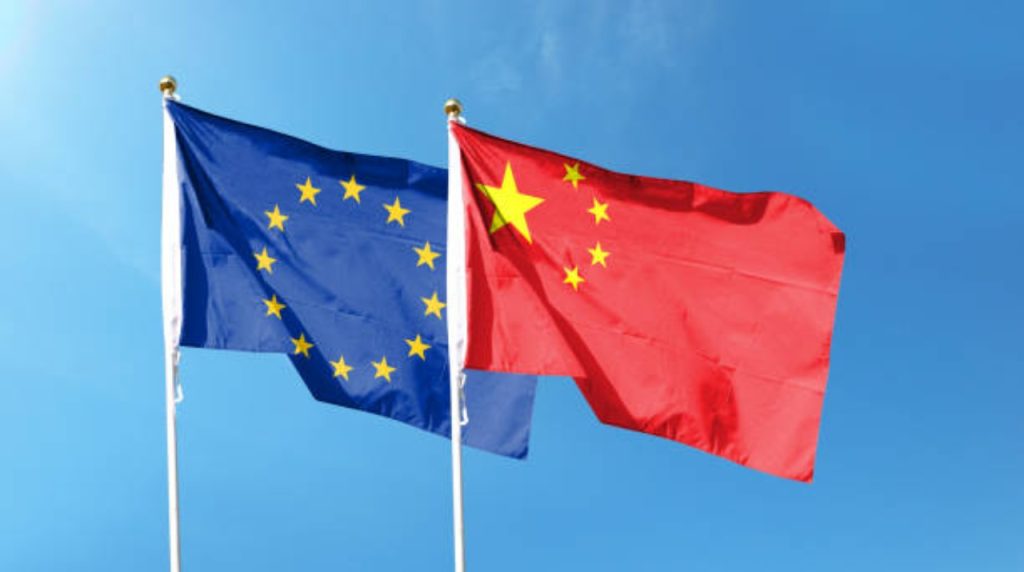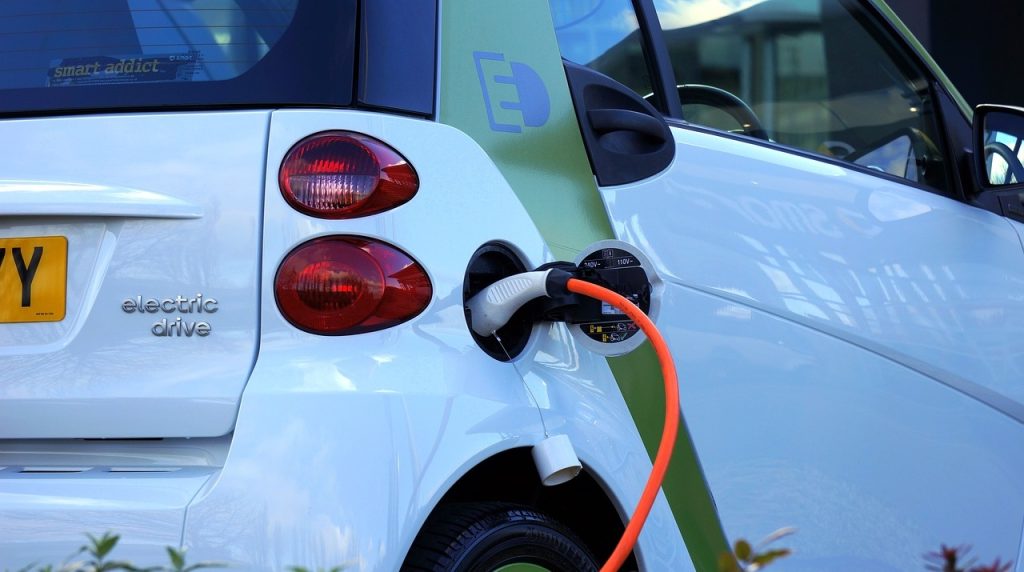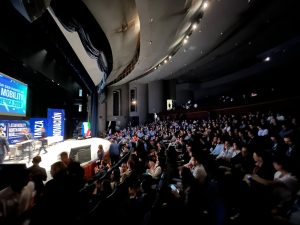
EU Tariffs on Chinese Electric Vehicles Go into Effect

The tariffs approved by the European Union of up to 35.3% on the import of electric vehicles from China entered into force, after their publication this Tuesday in the Official Journal of the European Union.
According to the EFE news agency, the EU executive will apply a tariff of 35.3% to the Chinese manufacturer SAIC (MG and Maxus, among other brands), 18.8% to Geely and 17% to BYD, for a maximum of five years.
The measure will also affect Western companies that produce in China, such as the American Tesla, to which a tariff of 7.8% will be applied, while others that have cooperated with the commission in the investigation it carried out before approving the tariffs will be charged a rate of 20.7%.

You may also read: European Union and SCIT Sign Letter of Intent for a Sustainable Railway System in Mexico
Arguments
“We welcome competition, including in the electric vehicle sector, but it must be underpinned by fairness and a level playing field,” said European Commission Vice-President and Trade Commissioner Valdis Dombrovskis.
The European Union is taking this step because it believes that, despite the division it generates among the EU-27, it received sufficient support in the vote held by EU governments earlier this month.
In that vote, five countries opposed the application of the tariffs (including Germany), 10 supported them and 12 abstained (Spain was one of them).
In parallel, high-level political contacts continued between the commission and the Chinese government, as well as other technical meetings to try to find a solution.

Dombrovskis and the Chinese Minister of Commerce, Wang Wentao, held a videoconference conversation last Friday in which they agreed to continue negotiating a possible price increase for electric vehicle exports to the European Union.
EU sources pointed to the possibility of European officials traveling to China “when the time is right” to continue the talks.
The European Union, however, wants to negotiate at the same time the minimum export price with each of the companies individually, not only with the intermediation of the Chinese authorities, and assures that Beijing does not allow direct contact with the companies.





